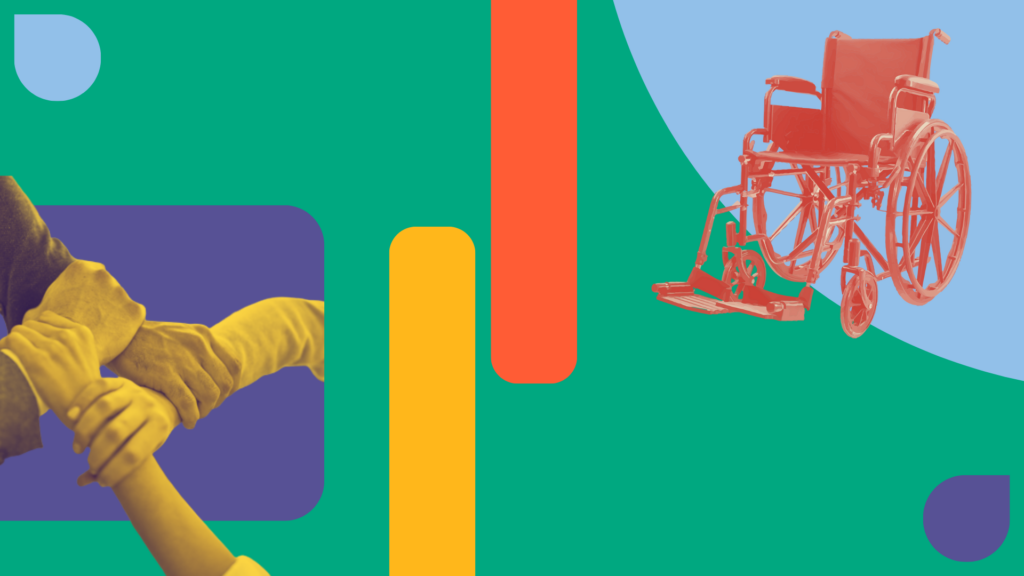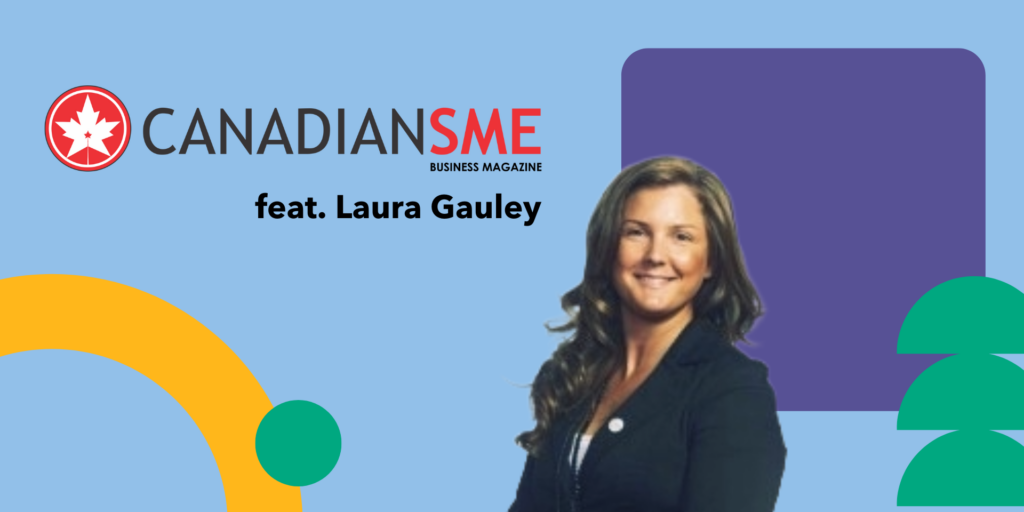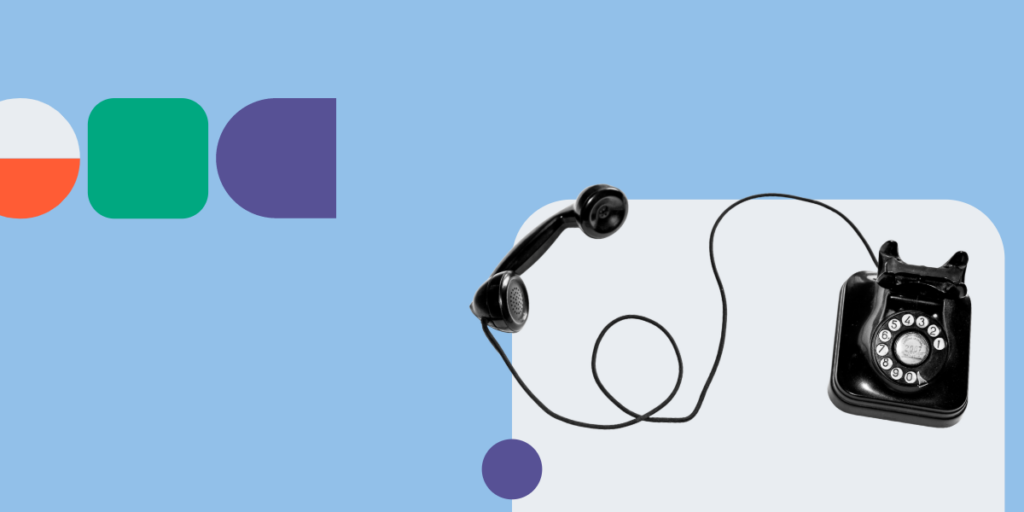Overview
Recently Business Sherpa Group hosted an Equity, Diversity, Inclusion, and Indigeneity (EDII) workshop for small and medium business owners. The workshop covered a wide range of topics, including what EDII means in the workplace, learning how to spot and mitigate unconscious bias, and discussing neurodiversity in the office. We were joined by Dr. Sue Haywood, Laura Gauley, and Shae Solinger, three experts on different areas around workplace equity and neurodiversity.
This event was an interactive chance to discuss workplace diversity, with participants sharing resources and discussing EDII initiatives that have been undertaken in their own workplaces.
Lessons Learned
Most of our guests had previously had conversations about EDII in their workplace, which is a very good sign that workplaces are addressing biases that exist within the area they operate. Our speakers challenged guests to look not just at the organizational response, but to themselves, in an exercise to identify if they were unconsciously enforcing biases towards or against certain groups of people.
“[EDII] is a learning process, and your policy must change with time” Dr. Sue Haywood, explained while discussing the role of an EDII policy in the workplace and its need for continual evolution. Leaders can set an example by being effective allies, helping to set up and enforce anti-discrimination policies – and establishing norms for everyone else to follow. However, it should be emphasized that EDII is a company wide effort, with each employee playing a role. Eliminating discrimination is not the responsibility of stigmatized individuals – we must all put in effort to stop discrimination in the workplace.
Finally, our panel discussed the topic of neurodiversity and what it looks like in the workplace. “You’ve probably met and interacted with neurodiverse people before” explained Shae Solinger, who shared some tips for managers who want to create a psychologically safe work environment for their employees. Simple things, like allowing for a flexible work environment, or giving clear deadlines and outlining what to prioritize, can make a workplace more supportive of people who are neurodiverse. Most important is showing that you care and appreciate the work of people with neurodiverse conditions.
Conclusion
This event was a great discussion on EDII in the workplace, with participants providing a wealth of resources for everyone to read through. EDII is an ongoing process, and employers must be aware that EDII evolves over time, and policies should reflect this. If your organization is working on an EDII policy, we would love to hear about it. Knowledge sharing is a key part of the continual evolution of EDII.
BSG would like to thank our guests for coming and sharing stories, and we would also like to thank our panelists for speaking. This was our final event of 2021, stay tuned for more in the new year.
You can read more Human Resources-related content back on our Insights page.










